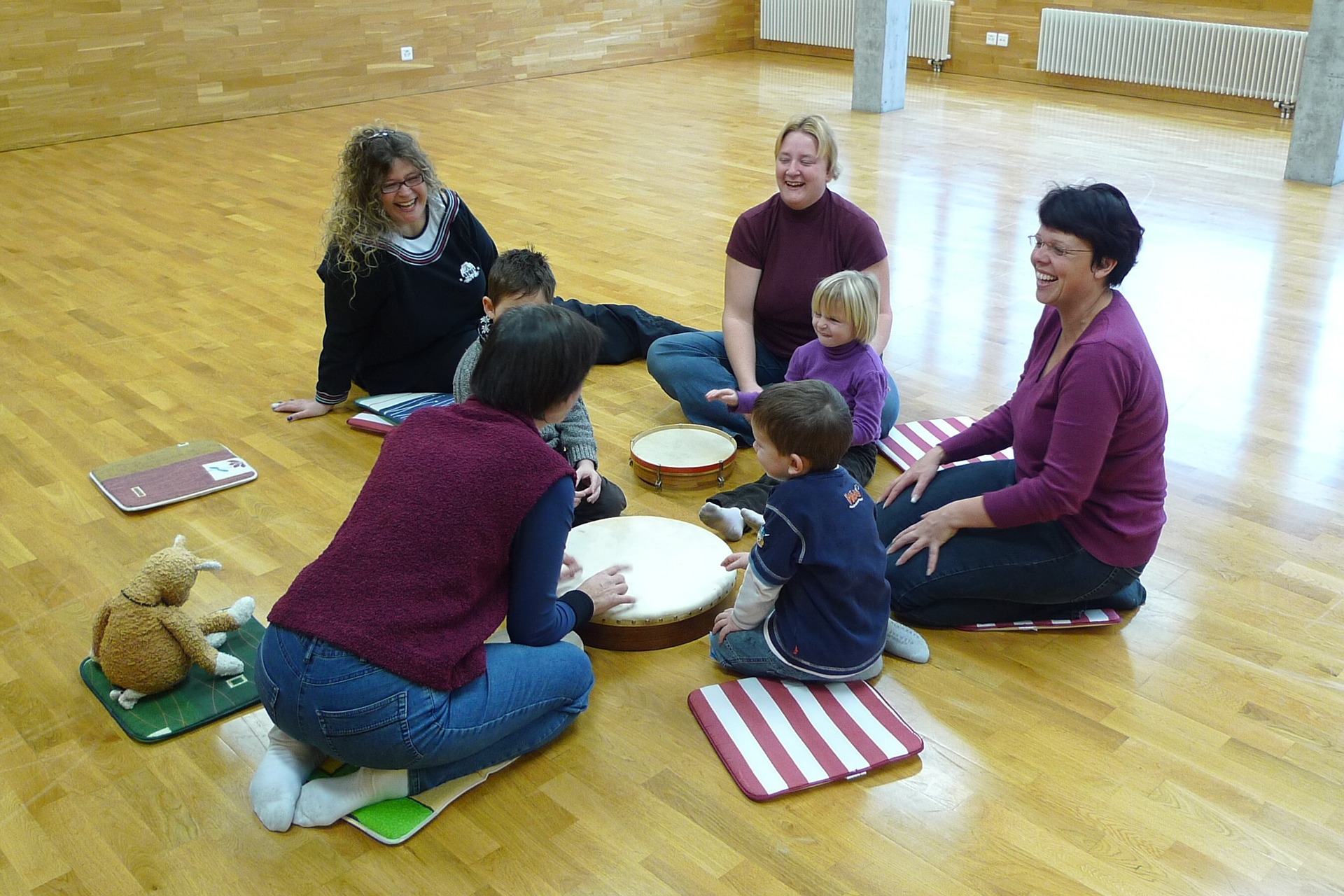MUSIC THERAPY
The use of sound and music as a therapeutic medium has very ancient origins that are rooted in the culture and tradition of primitive populations. Just through the sound, the village shaman was able to restore the state of health where the disease had arisen.
The musical cathartic advocated by the Pythagoreans (harmonies of the spheres) and the Dionysian rites of the bacchae melodies were practiced throughout Greece and its colonies. In more recent times, in some regions of southern Italy, the sound that accompanied the "tarantolati" was a disease detector and solver. Music, dance and colors thus become symbols capable of evoking, configuring, draining and resolving the psychic conflicts of the unconscious.
Speaking of music therapy it is necessary to dispel the commonplace that listening to particular sounds or music has such effects as to produce stable and significant changes in a given pathological picture. If it is true that after listening to a musical composition you can feel somewhat "relieved", this is certainly not what should be understood as therapy.
"Music therapy is the use of music and / or musical elements (sound, rhythm, melody and harmony) by a music therapist, with a user or a group, in a process designed to facilitate and foster communication, the relationship , learning, motor skills, expression, organization and other relevant therapeutic goals in order to satisfy physical, emotional, mental, social and cognitive needs "(def. World Federation of Music Therapy).
The concept of music therapy as a scientific discipline developed only at the beginning of the XVIII century: the first treatise on music therapy dates back to the first half of the eighteenth century by a London musician, Richard Brocklesby. The sound and the Music, to be effective on the symptom, must be created by the patient himself, on the indication of the music therapist. The sounds must have precise and subjective physioacoustic characteristics which are associated with determinable psychic (emotional) valences. Music therapy is the professional use of music and its elements, such as an educational and / or rehabilitative intervention addressed to individuals, groups, families or communities that seek to improve the quality of life and their communicative and emotional approach; as well as the search for health and intellectual and spiritual well-being.
The music therapist, using rhythms, sounds, melodies, harmonic or polyphonic games in a creative way, adequate to the posture, the gestures, the voice, the behavior of every single person, opens the door to listening even in who is or seems unable to do it. Music therapy allows you to create a melody, a polyphonic or harmonic game, on the measure of every movement, gesture, vocalic hint. The music therapist, in a direct and immediate way, finds the appropriate rhythm and intonation to raise attention, interest in the other person, no matter if young or old, if affected by disabilities, syndromes, disorders etc. A musical activity, previously carried out with different people or groups of people, must be renewed with another person or with another group of people.
Music therapy can be used in different fields such as teaching, rehabilitation or therapy. Regarding therapy and rehabilitation, the areas of intervention mainly concern psychiatry and neurology, including: mood and behavioral disorders, psychosis, mental retardation, Parkinson's and Alzeimer's diseases, autism.
Experiences in music therapy show that the deaf child, correctly diagnosed and prosthesized, naturally accesses the word, through singing. The use and mastery of the voice is possible by learning to listen. The hearing impaired child learns to listen and experience sounds by identifying them with increasing and constant progression in a context of joy. By learning to listen, by our own will, we learn to enjoy the advantages of the word. For this reason he begins to speak, according to his way of distinguishing the sounds, which is progressively refined with the confidence and self-esteem that are strengthened because he feels understood by others.











